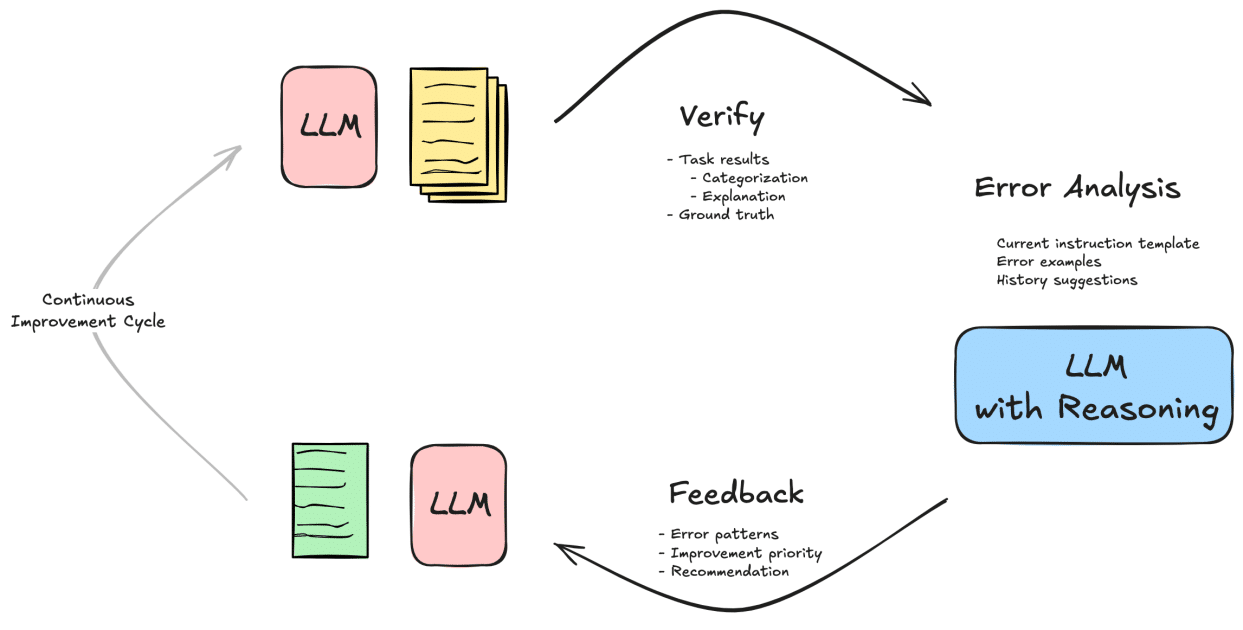Sure! Here’s the translation into American English:
—
Crypto.com has taken a significant step in enhancing its services by implementing a generative artificial intelligence assistant, utilizing advanced technologies from Amazon Web Services (AWS). This new system is designed to optimize the experience for its 140 million users spread across 90 countries.
The complexity of modern AI assistants has increased considerably. In addition to answering simple questions, they are expected to perform meaningful actions and adhere to company policies. To tackle these challenges, Crypto.com has opted for a modular architecture that allows the system to be divided into specialized components that operate independently yet collaborate to provide cohesive service.
A vital aspect of this evolution is prompt engineering, which refers to creating precise instructions that guide the responses of language models. This process is crucial in business environments where accuracy and reliability are fundamental. Implementing feedback loops is a key element that enables models to learn from their mistakes and adjust their responses as needed.
The innovative approach of pairing large language models (LLMs) with external feedback mechanisms has proven effective. This technique allows models to correct their outputs and adapt to challenging situations, enhancing their efficacy. For example, an AI assistant responding to inquiries about credit limits may initially skip necessary verification steps. However, thanks to a critique system, it can learn to include these important procedures.
The function of these feedback mechanisms is not limited to error correction; they also help LLMs develop a more complex understanding of instructions. Over time and through multiple iterations of feedback, models can adjust their strategies, anticipating misunderstandings and modifying their approach.
The Crypto.com team has transformed a basic set of instructions into a robust system that continuously improves through feedback. During testing, a notable increase in accuracy was recorded, rising from 60% to 94%, validating the effectiveness of their iterative optimization approach.
This development demonstrates how AI assistants can evolve from static systems to dynamic, self-improving tools. Looking ahead, it will be essential to continue refining feedback mechanisms and prompt engineering techniques to create increasingly sophisticated and reliable AI assistance systems.
—
Let me know if you need anything else!
via: MiMub in Spanish











